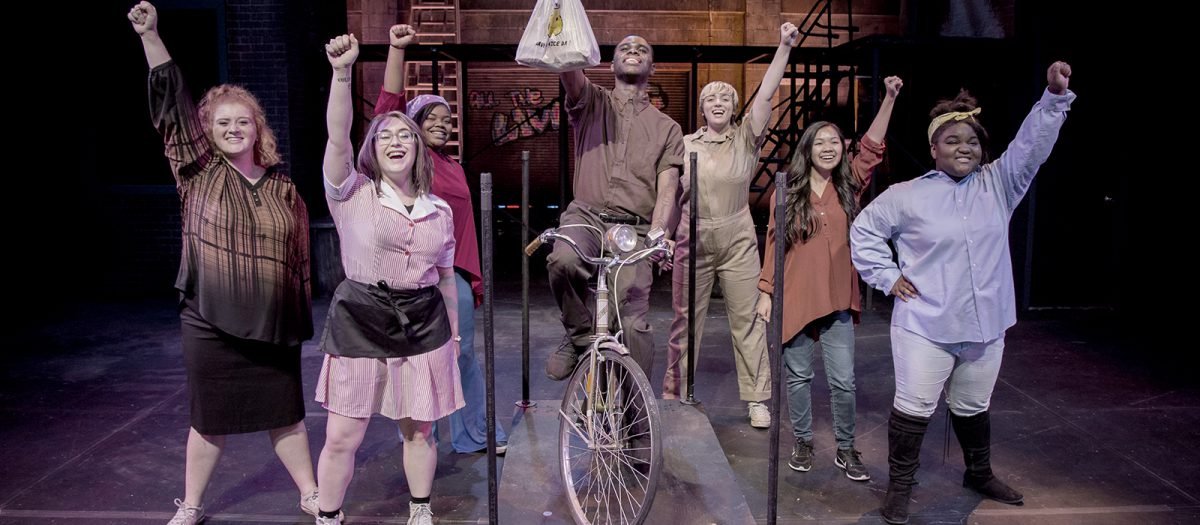Director
I am heavily influenced by my opportunities to work and discuss directing with some extraordinary members of the SITI Company. I model my process on theirs, utilizing ensemble based improvisation and the Viewpoints as my structural basis.
Michael Chekhov also offers many tools for the director. His process of building a production is specific and allows for freedom for the actors while maintaining a structural basis from which to work. This is, of course, only possible through strong analysis of the text.
Because theatre takes place in a singular location in a singular moment in time, every production must present the present, as it were. This doesn't mean modernizing the concept of every classical production, but the director must make the concept concise and clear for both the audience as well as the ensemble. I strive to tell the clearest story I can through art, and if the story is clear, the audience and actors will feel an emotional connection with it right now.
I believe that every director must be a teacher and learner, even and especially beyond academic theatre. Teaching and learning are a part of every theatrical process, and I am as happy to learn from my ensemble as I am to teach them. If the individuals working on a production do not come out having discovered something new about the work and the piece, then how can we expect the production to feel fresh to the audience?
I believe theatre should go beyond its entertainment value alone. The audience and actors should leave the theater with expanded thought and perception. Theatre based on spectacle can be fun, but an audience that is affected on a deeper level is one that is truly entertained.
7 Tenets for Leading a Complete Life - an ensemble created new work
“You cannot create results. You can only create conditions in which something might happen.”
From Tick, Tick, BOOM!
“...the cast and band rocked, and the show soared. Director Zach Hartley helps the cast make the central characters emotionally real while underlining the comedy in bit roles.”




